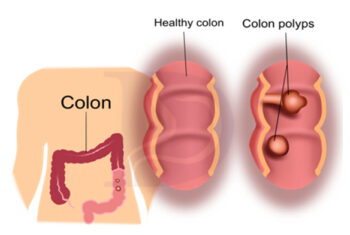How is screening done for colon cancer?
Screening involves direct visualization of the inner lining of the colon to detect polyps. This can be done either by colonoscopy or sigmoidoscopy. Non-invasive techniques such as virtual colonoscopy using a CT scan can also visualize the colon lining. Other colon cancer screening tests involve stool analysis for presence of occult blood which may indirectly […]




